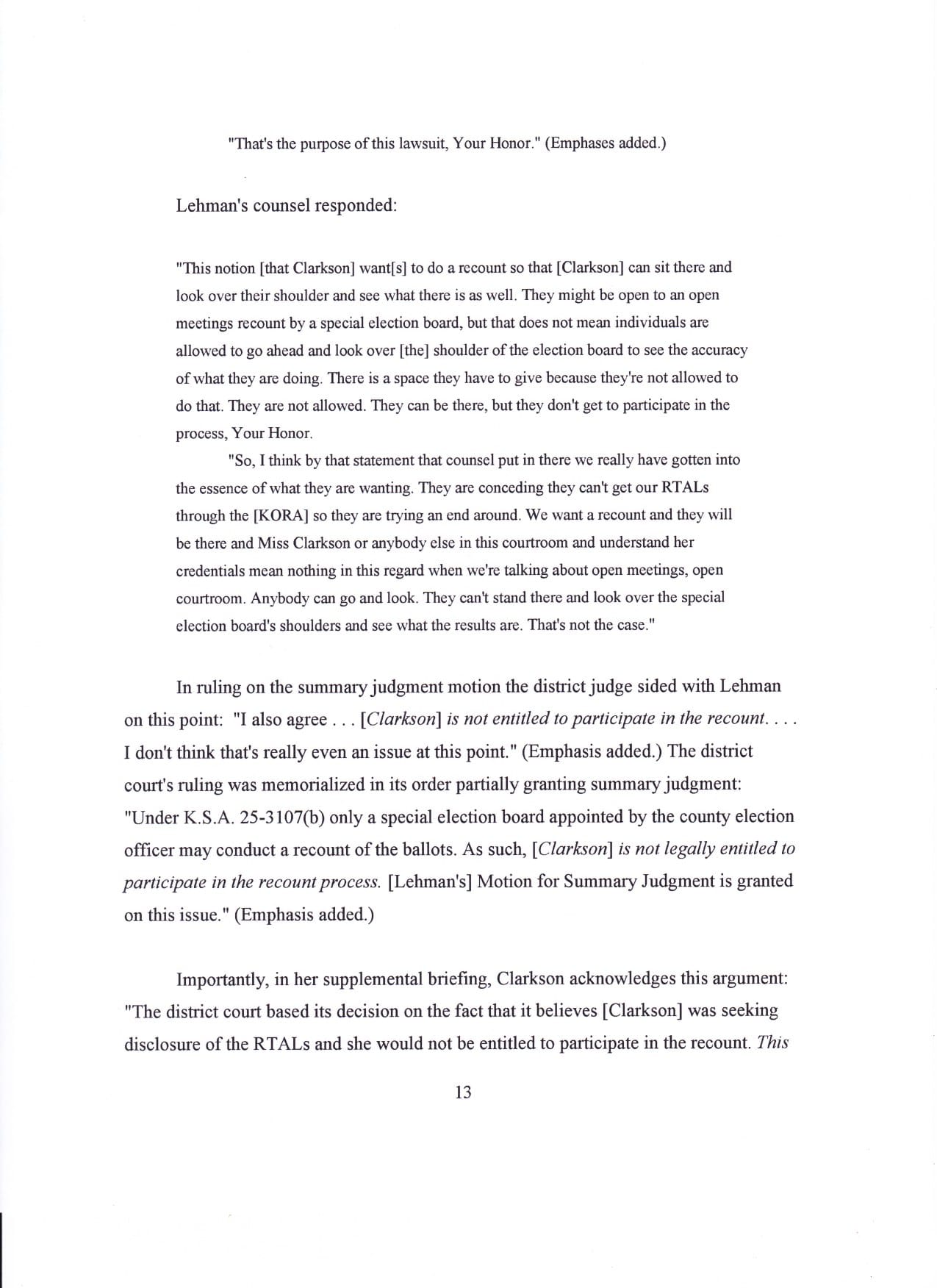In a landmark decision, a federal appeals court has overturned the net neutrality regulations established during the Obama administration, marking a pivotal moment in the ongoing debate over internet governance in the United States. The ruling, which has generated considerable discussion among policymakers, advocates, and industry stakeholders, has significant implications for how internet service providers (ISPs) can manage and deliver online content to consumers.
Net neutrality refers to the principle that ISPs must treat all data on the internet equally, without discriminating or charging differently by user, content, website, platform, application, or method of communication. This principle was codified into law in 2015 when the Federal Communications Commission (FCC) voted to classify broadband internet as a telecommunications service under Title II of the Communications Act. This classification allowed for stricter regulations aimed at preventing ISPs from engaging in practices such as throttling, blocking, or prioritizing certain types of traffic.
The recent ruling by the federal appeals court effectively dismantles these regulations, stating that the FCC overstepped its authority in implementing net neutrality rules. The court argued that the agency failed to adequately justify its decision to regulate broadband services under Title II, suggesting that such a classification was not warranted given the evolving nature of the telecommunications landscape. The judges emphasized that the FCC has the discretion to determine how to regulate broadband, and in their view, the agency’s previous decision was not substantiated by sufficient evidence.
The decision has been met with mixed reactions. Proponents of net neutrality, including many consumer advocacy groups and several Democratic lawmakers, have expressed deep concern over the implications of the ruling. They argue that without net neutrality regulations, ISPs could prioritize their own content or the content of those who can afford to pay for better service, ultimately harming competition and innovation in the digital space. Critics of the ruling fear that it could lead to a tiered internet where access to information becomes contingent on payment, thereby disadvantaging smaller businesses and marginalized communities.
On the other hand, supporters of the court’s decision argue that deregulating the internet will foster competition among ISPs, potentially leading to improved services and lower prices for consumers. They contend that the market should dictate how internet services are provided, rather than government regulations. This perspective is grounded in the belief that innovation thrives in an environment with fewer restrictions and that consumers will benefit from a more competitive landscape.
The ruling also raises questions about the future of the FCC and its role in regulating broadband services. The agency, which operates under the jurisdiction of the federal government, has seen shifts in its regulatory approach depending on the political party in power. During the Trump administration, the FCC moved to repeal net neutrality regulations, a decision that was met with widespread public outcry and legal challenges. The recent court ruling is likely to reignite discussions about the FCC’s authority and the need for a comprehensive framework to govern internet services.
As the debate continues, the implications of the court’s decision extend beyond the immediate regulatory landscape. The ruling could have a lasting impact on how consumers experience the internet, particularly as more aspects of daily life become intertwined with online access. Issues such as access to education, healthcare, and employment opportunities are increasingly linked to internet connectivity, making the stakes of this ruling particularly high for those who rely on equal access to information.
In the wake of the ruling, lawmakers on both sides of the aisle are expected to revisit the issue of net neutrality. Some Democrats have already signaled their intention to pursue legislative solutions aimed at reinstating net neutrality protections, while Republicans may seek to solidify the court’s ruling by promoting further deregulation of the internet. This political tug-of-war underscores the contentious nature of the issue and the challenges of finding common ground in a polarized environment.
As the dust settles on this significant ruling, the future of net neutrality remains uncertain. The court’s decision has set the stage for ongoing debates about the role of government in regulating the internet, the balance between innovation and consumer protection, and the fundamental principles that govern access to information in the digital age. Stakeholders across the spectrum will be closely monitoring developments as they unfold, recognizing that the implications of this ruling will reverberate throughout the internet ecosystem for years to come.



